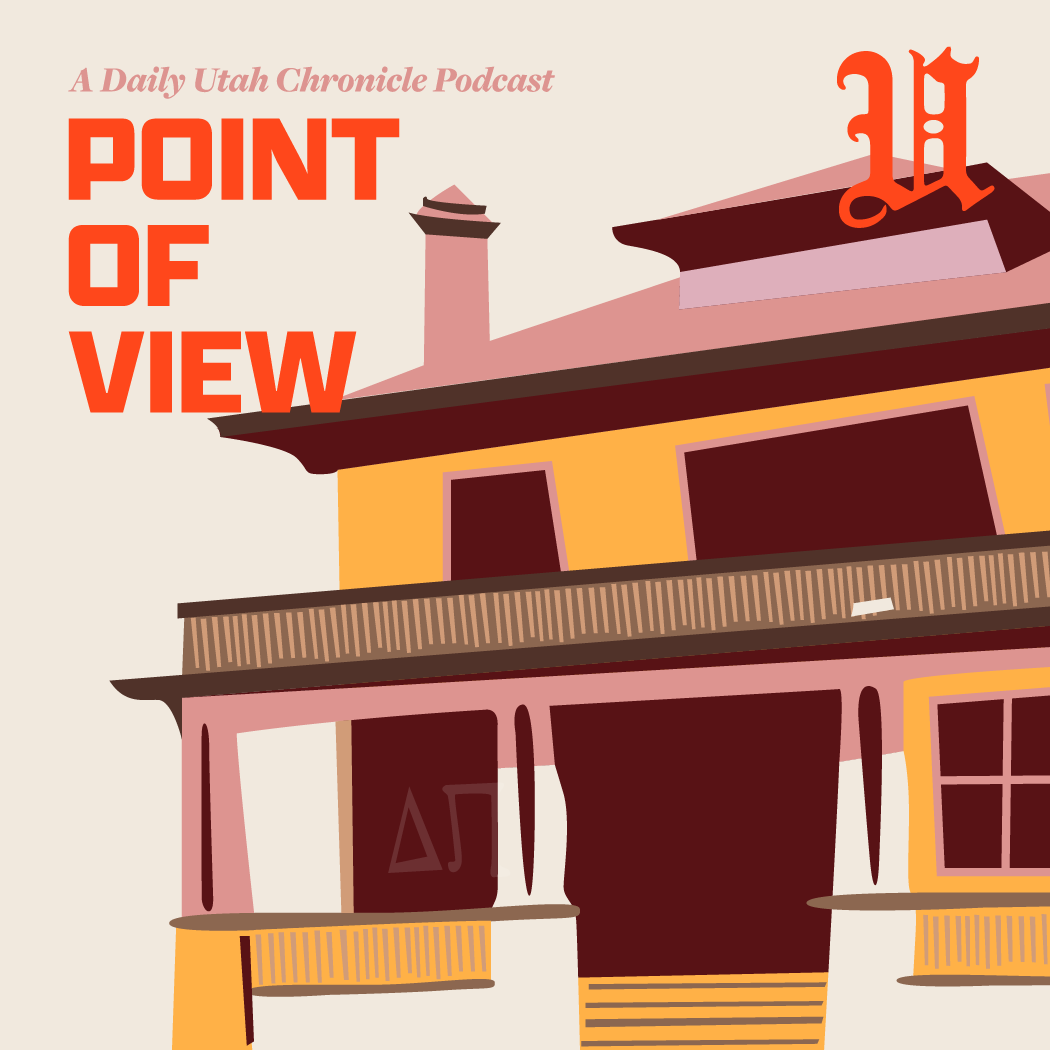Last week, the U.S. Supreme Court ruled that patients who use medicinal marijuana to control the pain of chronic illnesses will now be counted as criminals.
This decision is based on a federal law that bans any use of marijuana.
The law that prohibits the use of marijuana by private citizens, for any reason, stands in direct opposition to the principals of freedom and liberty.
The human body, and decisions about what one does with one’s body, is best left to the individual.
We all know this. The concept of “do what you will until it violates the rights of another” is a common sentiment among free people.
Lost in this recent argument about medicinal marijuana is the history of how and why marijuana became illegal in the first place.
In 1937, Congress passed the Marijuana Tax Act, which effectively outlawed hemp and marijuana production.
There are many theories about the reasons behind the 1937 ban.
One of these theories is that the cotton industry gave substantial amounts of money to the politicians who voted to outlaw hemp production.
Prior to the tax act, hemp, not cotton, was one of the largest sources for the world’s paper and rope manufacturing.
If Congress’ sole concern was marijuana consumption, then they could have simply outlawed marijuana. Instead, total hemp production was forced to come to a stop.
Involvement of the cotton industry with politicians seems like a probable cause of the ban against hemp.
Furthermore, there were many misconceptions about marijuana use in the 1930s, just as there are misconceptions today.
One of these confusions holds that only hippies and gangsters smoke marijuana.
According to recent statistics provided by the federal government, nearly 80 million Americans admit to having smoked marijuana. Of these, 20 million Americans smoked marijuana within the last year.
Obviously, they can’t all be hippies and gangsters.
The vast majority of marijuana smokers, like most other Americans, are good citizens who work hard, raise families, pay taxes and contribute to their communities.
They are certainly not part of the crime problem in this country, and it is terribly unfair to continue to treat them as criminals.
Many successful business and professional leaders, including many state and elected federal officials, admit they have smoked marijuana.
We must reflect this reality in our state and federal laws and put to rest the myth that marijuana smoking is a deviant activity practiced by those on the margins of American society.
Although the practical uses of marijuana are a substantial concern, the discussion ultimately boils down to an issue of personal liberty.
Individual liberty and representative democracy are two ideals that sit as the foundation of the United States.
Both ideals beg the conclusion that marijuana use should be left up to the individual.
As a non-drug user, I firmly stand on the side of freedom and liberty. My citizenship requires it.











